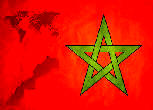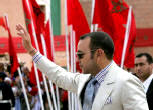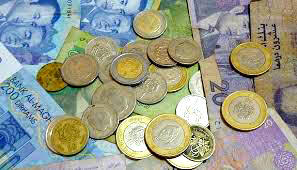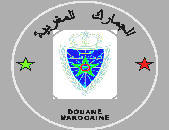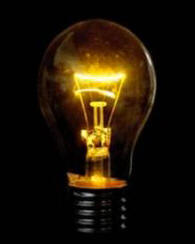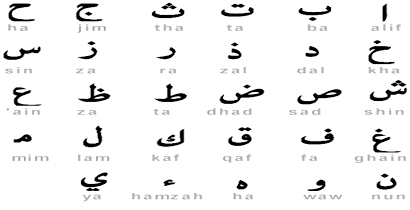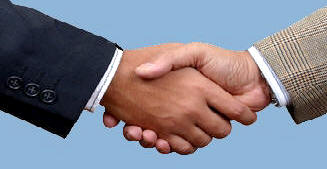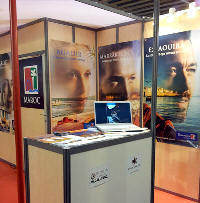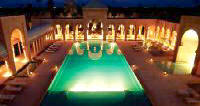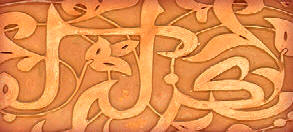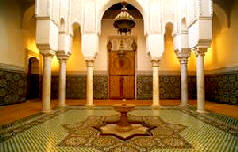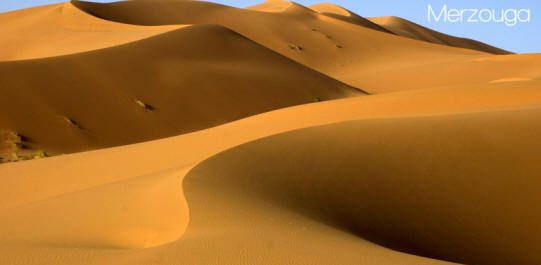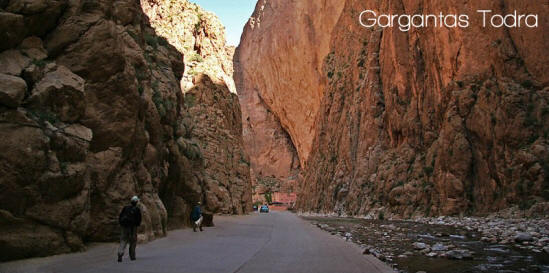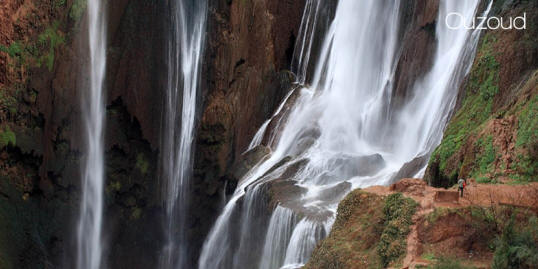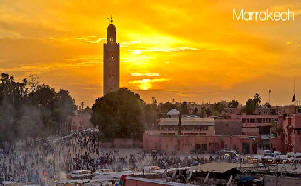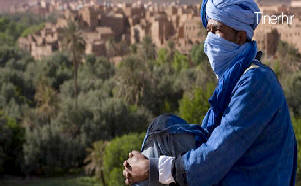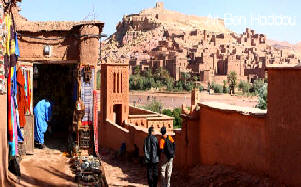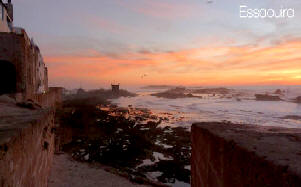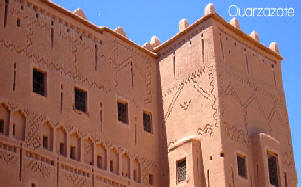|
What do you need to pack in your luggage....... ?
What do you need to
know about
Morocco....... ? How do
you say hello....... ? |
|
|
|
Morocco is blessed with a huge variety of
dazzlingly beautiful landscapes,
from the Rif and High Atlas
mountains to the Haouz Plain, and from sandy
Atlantic beaches to
arid lands in the south, not to mention the Valley
of Roses east of
Ouarzazate!
The wealth of flora and fauna here are given special protection,
particularly
in the nature reserves at Toubkal (south of Marrakech),
in the eastern High
Atlas and at Ifrane. As for the desert, it is
far more lively than you might think
with its scores of animals
including dromedaries, golden jackals, striped hyenas, hedgehogs,
gazelles and all kinds of lizards, snakes and pleasant insects like
scorpions.
To reach the more remote areas, where the most magnificent sites are
located (like the Chigaga sand dunes and the Erg Chebbi desert), you
will need
a suitable vehicle such as a 4x4. But you can take a "different"
kind of tour
of the area - on a camel
or horseback trek, or even
hiking
(in the Mgoun massif for instance). |
|
King
Capital
Telephone code
Internet domain
Official languages
Total Population |
Mohammed VI
Rabat
+212
.ma
Arabic Amazigh
French
33 848
2425 inhab. (2014) |
|
|
|
|
Surfing buffs will enjoy the
breakers on the Atlantic Coast year round. And the coast at
Essaouira is famous for its waves and very windy beaches.
Morocco is a special place where the light, colours, scents and the
people's noble character was so fascinating
to Delacroix. It is also
worth visiting for its palaces surrounded by gardens, souks, and
medinas with tightly packed houses. |
|
|
|
|
|
Currency
Morocco uses the Moroccan dirham (Dh), with one dirham being made up of 100 centimes (c). Coins come in denominations of 5c, 10c, 20c, 50c, Dh 1, Dh 2, Dh 5 and Dh 10 coins, while banknotes are available in denominations of Dh 10, Dh 20, Dh 50, Dh 100 and Dh 200. There are ATMs available in all major towns and cities in Morocco, with good places to look for one being around tourist hotels and in shopping districts. While there aren’t plentiful ATMs in the souks, there are plenty of people who are willing
to exchange dollars or euros for dirhams on the black market. The Moroccan
dirham (Dh) can only be bought and sold in Morocco and should not be brought
in or out of the country. |
|
|
|
|
|
|
Customs
Morocco has customs regulations with regards to bringing firearms, antiquities, pornography and medication in and out of the country. Contact your nearest Moroccan embassy for further details prior
to travel. Customs duties on certain items can be very high,
so it is worth checking first.
Electricity
Newer buildings are adapted for 220 V / 50 Hz power usage,
while older buildings use 110 V / 50 Hz. |
|
|
|
|
|
|
Language
The official language in Morocco is Classical Arabic but is spoken in a different
and particular dialect. Berber (Tarifit, Tashelhit, and Tamazight) is also used, as first or second languages, in the rural areas.
French, widely used in education and government, is taught universally and is still Morocco's primary language of commerce, while Spanish is popular
in the northern part of the country and English is fast becoming the foreign language
of choice among the youngsters.
|
|
|
|
Etiquette
With Morocco being predominantly Muslim, visitors here should modify
their dress with respect to the more conservative culture of the
country. Women in particular should not expose shoulders or cleavage
and wearing trousers or long skirts is recommended. Failure to pay
heed to this advice will simply attract unwanted attention.
Be aware
that a liberal dress code may be misinterpreted as an invitation for
something more. |
|
|
|
|
|
Greet
Always
greet strangers with a handshake, unless it is between opposite sexes. Kissing
on the cheek is reserved for close friends and family and couples making public
displays of affection are severely frowned upon. As with all Arab cultures,
the
left hand is reserved for ‘unclean’ things and should therefore not be used
for
passing food or money. Visitors should refrain from saying anything that may
be
considered insulting about Morocco’s king; absolute loyalty and devotion
is
expected among Moroccan citizens and photos of him adorn most trading
establishments and homes. |
|
|
|
A
service charge is usually included in all hotel and restaurant bills, making
tipping unnecessary unless
you consider the service to have been especially good.
It is customary to give a small tip to porters,
waiters and tour guides as well
as to children if you take their photos or they give you directions. |
|
|
|
|
|
Visa and Passports
Visitors to Morocco must have a valid passport, but citizens of many
countries can get visa stamps as they enter. This includes citizens
of: Australia, Canada, France, Germany, Ireland, Spain, the United
States and the United Kingdom. Citizens of other countries should
check with their nearest Moroccan embassy prior
to travel as an
application for a visa may have to be obtained in advance of travel.
Visitors are allowed
to stay for 90 days. |
|
|
|
|
Tourist Information Offices
Morocco Visitor Information Services are the best source of tourist
information in the city.
You will find them at the airport.
|
Morocco Travel Guides
Depending on your itinerary, your feelings about Morocco may be
subject to change throughout your holiday and long after you have
returned home. The country has a magical appeal that draws many back
time and time again, eager to discover more about this mystical gem.
Some of the things you may despise about the place on your travels
may turn out to be the very things you miss the most when you get
home. |
|
|
|
|
|
Morocco has hundreds of delights waiting for those who are adventurous enough to explore the country. For many visitors, a trip to Morocco is the first taste of Africa, with the overwhelming bombardment of new sounds, sights and smells hitting them from the moment of arrival. |
|
|
|
|
|
Those who opt for a beach holiday here will encounter fewer challenges than those who choose to tour
in country; however, all visitors will be confronted with an altogether different world than they are used
to back at home, which makes Morocco an inspiring cultural holiday destination.
|
|
|
|
Major
cities have major hotel chains to match including all of the main international
establishments such as Sheraton, Holiday Inn and Hyatt. While a stay at one of
these reputable hotels will ensure
a high level of service, if you prefer to
stay in a more traditional Moroccan environment, this is catered for by
converted villas and palaces. While for those with tighter purse strings there
is a selection
of renovated riads, traditional houses built around a central
courtyard. |
|
|
|
|
|
History
Inhabited since Neolithic times, it was the Phoenicians who drew Morocco
into Mediterranean trading circles, which led to the lands of Morocco becoming
an important and strategic Roman settlement known as Mauretania. Upon the collapse
of the Roman Empire in the 5th century, the region succumbed to various powers:
the Vandals, Visigoths and then the Byzantines. However, none of these occupants managed to subdue the Berbers living in Morocco’s mountains. |
|
|
|
In the 7th century, Morocco began to develop as an Islamic state, a characteristic that remains today.
With its beginnings under the Idrisid Dynasty, based in Baghdad, the Morocco Berbers soon broke away
and subsequently developed under self-rule, becoming a centre of culture and learning, with territories stretching across northwest Africa. |
|
|
|
|
|
The
period from 1666 to 1912 saw Morocco come under rule by the Alaouite
Dynasty,
who successfully fought off Ottoman and Spanish invaders.
The end of this period saw France become a protectorate of Morocco
under the Treaty of Fez, which recognised France’s sphere
of
influence in Morocco. As a result, many Moroccan troops fought
alongside the French army
in both World wars. The post-WWII period
saw nationalistic sentiments grow and the call
for independence from
France become stronger.
Having successfully achieved independence
in 1956 and recovered
Tangier from Spanish occupation in the same year,
the country of
Morocco has continued to develop and has status as a major non-NATO
ally. |
|
|
|
|
Weather
Morocco is known for its scorching weather, meaning that those who
do not like the heat may be persuaded
to holiday elsewhere. However,
with a bit of planning, the right season, an air-conditioned hotel
and some ocean breezes, things can cool down considerably. |
|
Many
people prefer to be on the coast in Morocco so that they can take
advantage
of the beaches and the southwest trade winds. The
Mediterranean weather along the coast
is perfect for those who enjoy
sunbathing and a relaxing, slow-paced holiday,
with Casablanca being
an all-time favourite hotspot.
Inland, temperatures are higher and the weather is drier. The south
of the country is the hottest region, with centres such as Tarfaya
and Tata experiencing Morocco’s highest temperatures and little
rainfall.
Evenings are always cooler, making this a popular time to go
shopping, with much activity
in the cities after nightfall. The
months of December and January are the coolest for visiting Morocco,
with average temperatures in Marrakech hovering around 21°C at this
time.
Rain along the coast occurs from November to March. The rainy season
brings temperatures down but is not that conducive to a beach or
sightseeing holiday. Cooler weather can also be sought in the
mountains. |
|
|
|
|
Cheap Flights to The Morocco |
|
|
|
|
Marrakech is just a short flight
away There are many ways to get to Marrakech
Click on the airline name to be taken to their online booking
page.
United Kingdom
-
•
Easyjet
flies to Marrakech from London Gatwick and Manchester.
-
•
Ryanair
flies to Marrakech from Bristol, London Luton, East
Midlands,
-
and Edinburgh.
-
•
Thomsonfly
flies to Marrakech and Agadir from London Gatwick
-
and
Manchester.
-
•
Royal Air Maroc
flies to Marrakech from London Gatwick and London
-
Heathrow (via Casablanca).
-
•
British Airways
is resuming flights to Marrakech from London in March
-
of
2011.
-
•
BMI, British Midland
will begin flying to Marrakech from London during 2011.
France
-
•
Air France
flies to Casablanca.
-
•
Royal Air Maroc
flies to Marrakech from Paris, Nice, Lyon, Bordeaux,
-
Nantes,
Marseilles, Strasbourg and Toulouse.
-
•
Easyjet
flies to Marrakech from Paris CDG, Lyon and also to
Casablanca
-
from the same cities.
-
•
Transavia
flies to Marrakech from Paris Orly.
-
•
Ryanair
flies to Marrakech from Marseilles, Paris Beauvais.
Germany
-
•
Royal Air Maroc
flights to Marrakech from Dusseldorf, Munich, Stuttgart,
-
and
Frankfurt.
-
•
Ryanair
flies to Marrakech from Frankfurt, Dusseldorf and Weeze.
-
•
Germanwings
flies to Agadir from Berlin, Hamburg, Munich, Stuttgart,
-
Dusseldorg, and Frankfurt.
Spain
-
•
Vueling
flies to Marrakech from Barcelona.
-
•
Iberia
flies to Marrakech from Madrid and Barcelona.
-
•
Easyjet
flies to Marrakech from Madrid.
-
•
Ryanair
flies to Marrakech from Alicante, Barcelona (Reus and Girona),
-
Madrid, Valencia, Sevilla.
-
•
Royal Air Maroc
flies to Madrid.
Italy
Switzerland
Other European Destinations
|
|
|
|
|
© 2014 Iguana Sahara Tours Morocco Tourist - All rights reserved. |
|
|
|
|
|
|
|
|
|





